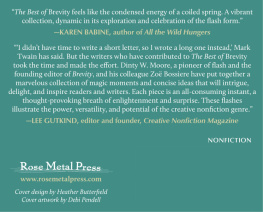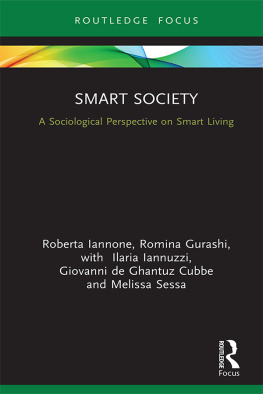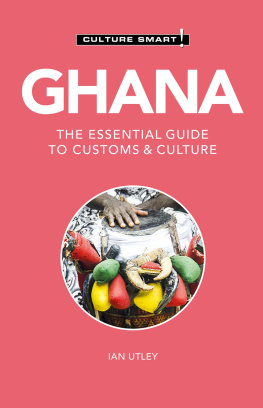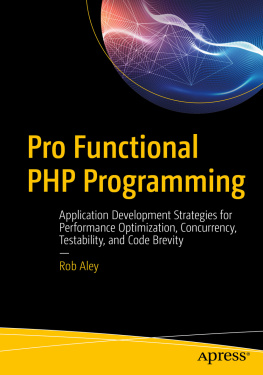Jim VandeHei - Smart Brevity
Here you can read online Jim VandeHei - Smart Brevity full text of the book (entire story) in english for free. Download pdf and epub, get meaning, cover and reviews about this ebook. year: 2022, publisher: Hachette Book Group, genre: Home and family. Description of the work, (preface) as well as reviews are available. Best literature library LitArk.com created for fans of good reading and offers a wide selection of genres:
Romance novel
Science fiction
Adventure
Detective
Science
History
Home and family
Prose
Art
Politics
Computer
Non-fiction
Religion
Business
Children
Humor
Choose a favorite category and find really read worthwhile books. Enjoy immersion in the world of imagination, feel the emotions of the characters or learn something new for yourself, make an fascinating discovery.

- Book:Smart Brevity
- Author:
- Publisher:Hachette Book Group
- Genre:
- Year:2022
- Rating:3 / 5
- Favourites:Add to favourites
- Your mark:
- 60
- 1
- 2
- 3
- 4
- 5
Smart Brevity: summary, description and annotation
We offer to read an annotation, description, summary or preface (depends on what the author of the book "Smart Brevity" wrote himself). If you haven't found the necessary information about the book — write in the comments, we will try to find it.
Smart Brevity — read online for free the complete book (whole text) full work
Below is the text of the book, divided by pages. System saving the place of the last page read, allows you to conveniently read the book "Smart Brevity" online for free, without having to search again every time where you left off. Put a bookmark, and you can go to the page where you finished reading at any time.
Font size:
Interval:
Bookmark:
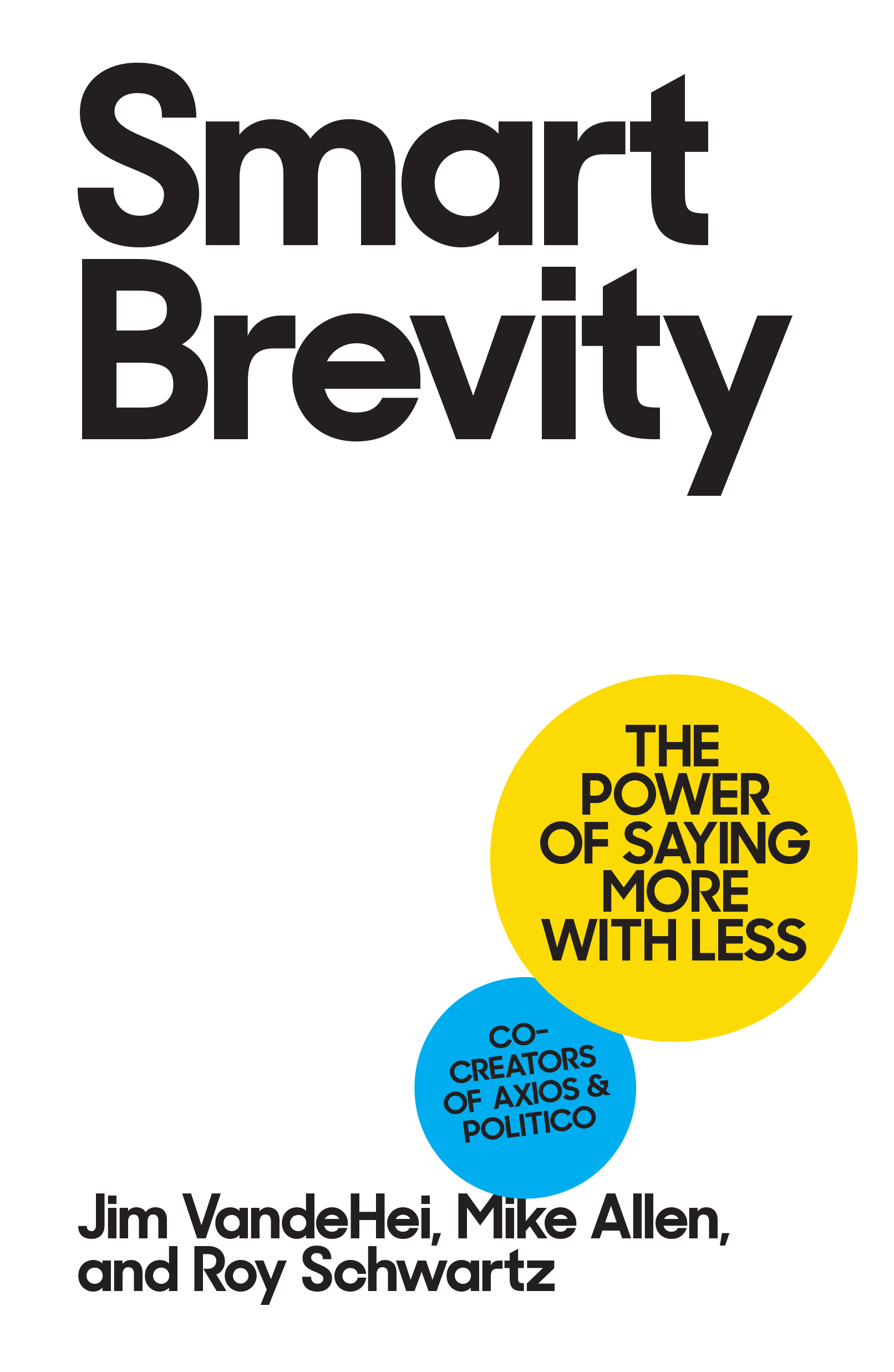
Jim VandeHei, Mike Allen and Roy Schwartz
Smart Brevity
The Power of Saying More with Less
SMART BREVITY COUNT:
28,001 words
106 minutes
WORKMAN PUBLISHING NEW YORK
Contents
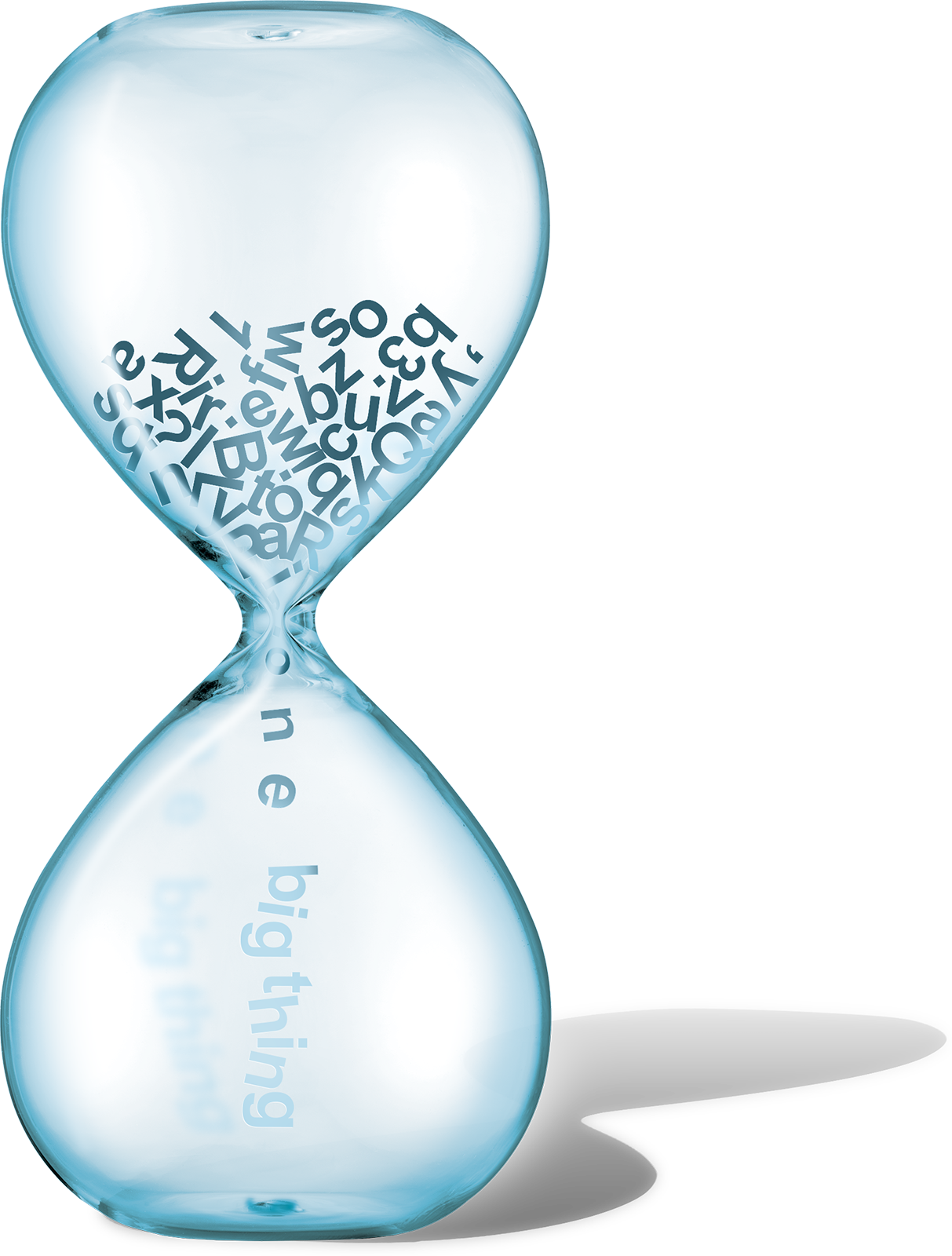

Never in the history of humanity have we vomited more words in more places with more velocity.
Why it matters: This new and exhausting phenomenon has jammed our inboxes, paralyzed workplaces, clogged our mindsand inspired us to create Smart Brevity... and to write this book.
Be honest: Youre a prisoner to words. Writing them. Reading them. Listening to them.
Slacked words. Emailed words. Tweeted words. Texted words. Memo words. Story words. Words, words, words.
We spend our days listening, watching and reading them, pecking at our tiny screens in endless pursuit of more of them.
Our minds are frazzled by all of this. We feel and see it daily. Were more scattered, impatient, inundated. We scroll. We skim. We click. We share.
Eye-tracking studies show that we spend 26 seconds, on average, reading a piece of content.
On average, we spend fewer than 15 seconds on most of the web pages we click. Heres another crazy stat: One study found that our brain decides in 17 milliseconds if we like what we just clicked. If not, we zip on.
We share most stories without bothering to read them.
Then we wait, fidgeting, chasing instant gratification or just morea laugh, a provocation, a news nugget, a connection, a like, a share, retweets, Snaps. This pursuit makes it harder to focus, to resist checking our phones, to read deeply, to remember stuff, to notice what matters.
We check our phones 344-plus times each dayonce every 4 minutes, at least. Behavioral researchand our own BS detectorsshow we underreport our true usage.
We scan, not read, almost everything that pops up on our screens.
Mostly were feeding a jones for dopamine jolts that come from yet more texts, tweets, googling, buzz, Slacks, videos, posts. Click. Click. Click...
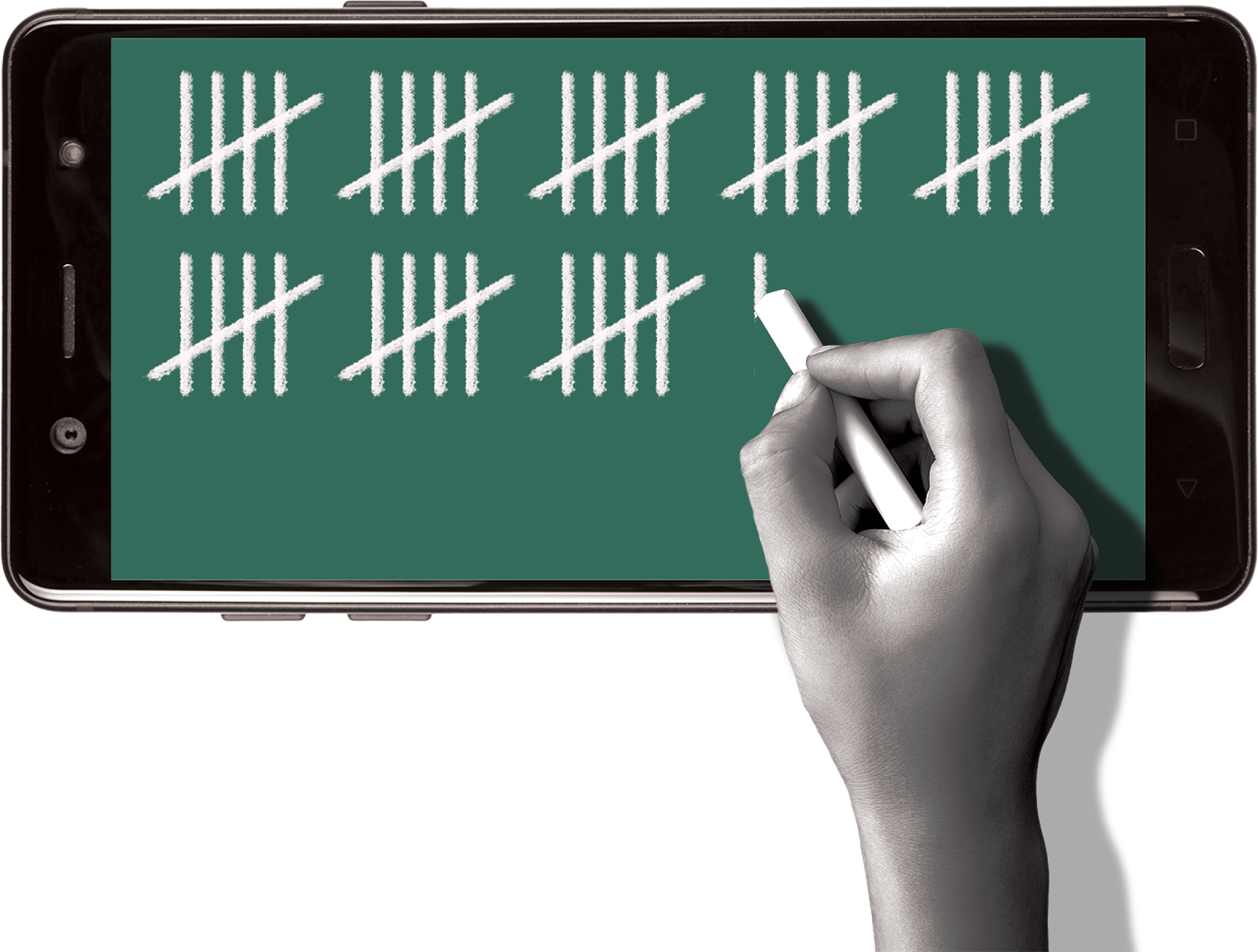
What science and data tell us: There is actually little evidence that this behavior is rewiring our adult brains. Rather, weve always been prone to distraction. Its just that now we are getting slapped silly with an explosion of minute-by-minute distractions.
This exploits two human flaws at once: Most of us are terrible multitaskers, and we struggle to refocus once our attention is yanked away. It takes most people more than 20 minutes to snap back into focus after a distraction.
No wonder the old ways of communicating fail to land amid this unfolding chaos.
The big picture: Were wallowing in noise and nonsense most of our waking hours. And flopping over in bed for little dabs and jabs while we sleep. Its the madness of the modern mind.
This growing fog of words has two root causes: technology and our stubborn bad habits.
The internet and smartphones opened the floodgates for everyone to say and see everything at scale, for free, instantly, always. We all won equal access to Facebook, Google, Twitter, Snapchat, TikTok. And boy, do we use and abuse it.
We can share our every thought. Post when proud or pissed. Google when confused. Watch a video on any topic at any time.
But people keep banging out emails, letters, memos, papers, stories and books like its 1980. Think about it: We know everyone has less time, more options, endless distractionsyet we keep coughing up the same number of words. Or more. Written in the same way we have been writing for generations.
This isnt new. Mark Twain, writing to a friend in 1871, confessed, I didnt have time to write you a short letter, so I wrote you a long one.
Everyone does this. We try to fake itor show off our smartsby overindulging in words. We see this at work, in personal emails, in the professional media.
Were taught that length equals depth and importance. Teachers assign papers by word count or number of pages. Long magazine articles convey gravitas. The thicker the book, the smarter the author.
Technology turned this obsession with length from a glitch to a stubborn, time-sapping bug.
The result is billions of wasted words:
Roughly one-third of work emails that require attention go unread.
Most words of most news stories are not seen.
Most chapters of most books go untouched.
The problem is most acute in just about every workplace in America. It does not matter if you work at Apple, a small business or a new start-up, it has never been harder to get people focused on what matters most.
The work-from-anywhere reality of a world changed by COVID-19 has turned communications into a profound and critical weakness for every company, every leader, every rising star, every restless worker.
This problem will echo loudly through every organization because a vibrant culture, a clear strategy and swift execution rely on strong communications in a scattered world.
Stewart Butterfield, the CEO of Slack, told us that, in a hypothetical 10,000-employee company that spends $1 billion on payroll, 50 to 60 percent of the average employees time is spent on communication of some sort. Yet no one provides the tools and training to do this well.
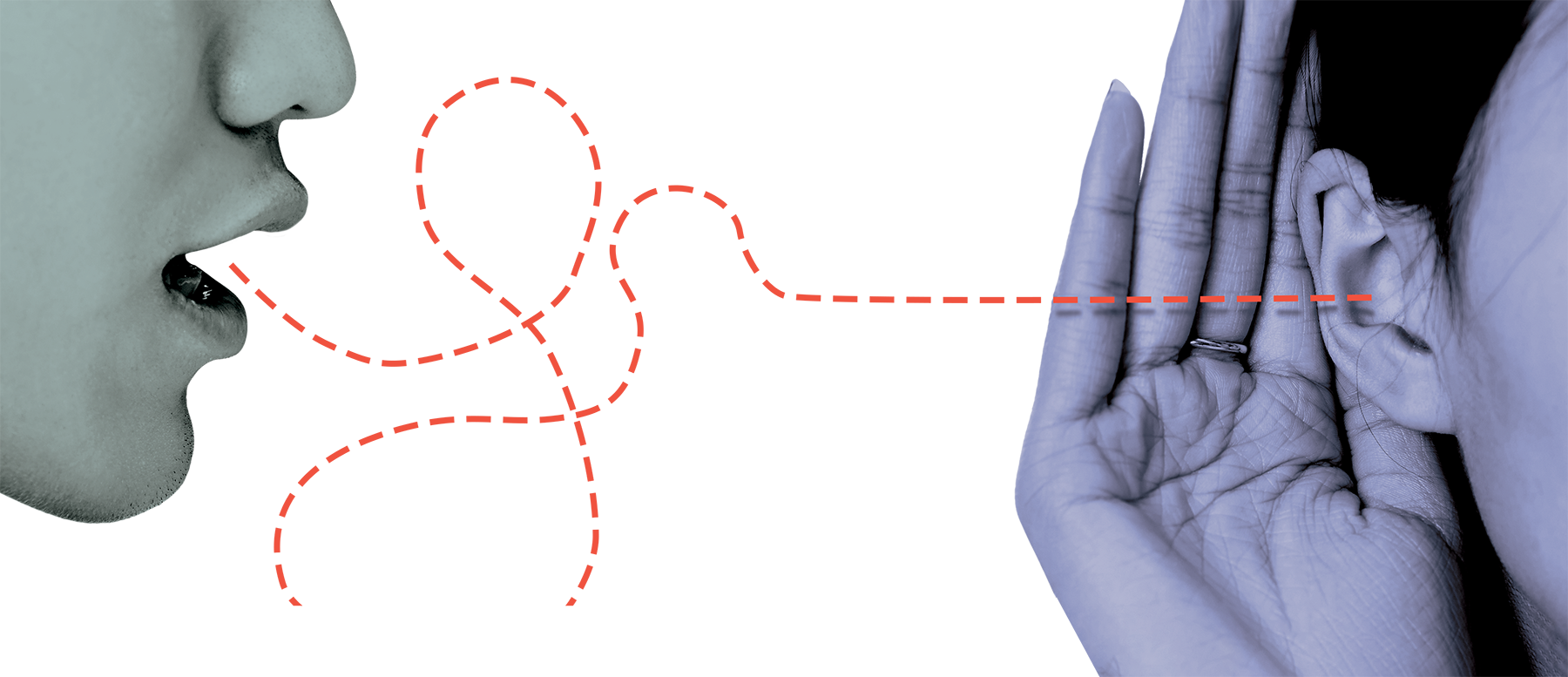
The bottom line: All of us confront an epic challenge: How do you get anyone to pay attention to anything that matters in this mess?
Our answer: Adapt to how people consume contentnot how you wish they did or they did once upon a time. Then, change how you communicate, immediately. You can do this quickly by adopting Smart Brevity.
The upside for you: You will learn to punch through the noise, be heard on what matters most to you and win recognition for your most important ideas. And you will learn that this new way of thinking and communicating is liberating, contagious and teachable.
Part 1
What Is Smart Brevity?
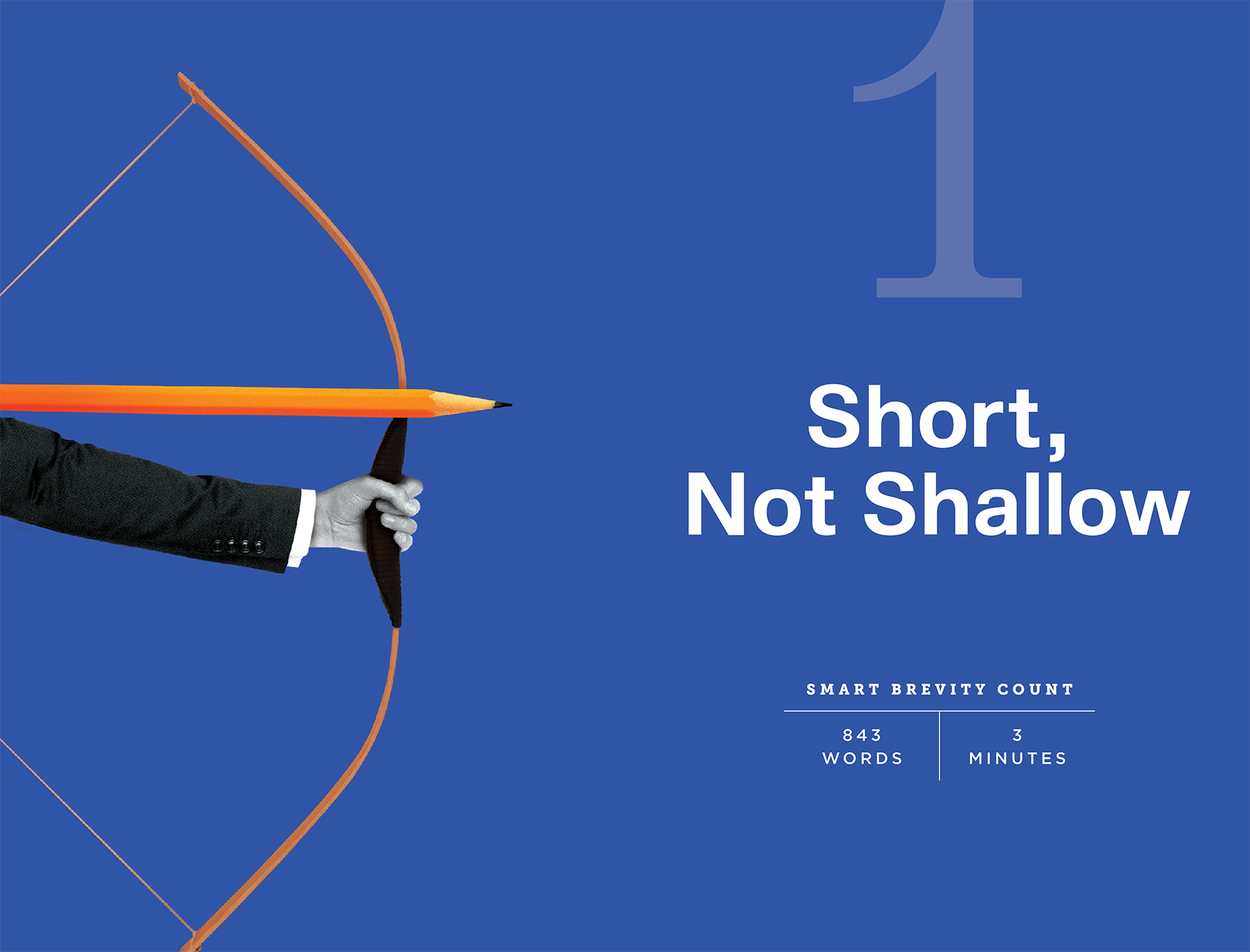
A lunch-spattered piece of paper hangs on the wall of the Arlington, Virginia, newsroom of our start-up, Axios. It reads: Brevity is confidence. Length is fear.
Why it matters: We run a media company. We live, breathe and make money off words and getting the most influential, demanding readers to consume themCEOs, political leaders, managers and curious news junkies.
Yet our solution to the fog of words is enticing people to produce and consume fewer of themfar fewer.
We call it Smart Brevity. It is a system and strategy for thinking more sharply, communicating more crisply and saving yourself and others time. It guides you into saying a lot more with a lot lessand that is its greatest power.
Thanks to the internet, how we consume information has evolved drastically. But little has changed how we write and communicate now that people are distracted and deluged.
Smart Brevity attacks this problem head-on. In this book, we will show you how strong words, shorter sentences, arresting teases, simple visuals and smartly organized ideas transform writing from unnoticed to vitaland remembered.
Next pageFont size:
Interval:
Bookmark:
Similar books «Smart Brevity»
Look at similar books to Smart Brevity. We have selected literature similar in name and meaning in the hope of providing readers with more options to find new, interesting, not yet read works.
Discussion, reviews of the book Smart Brevity and just readers' own opinions. Leave your comments, write what you think about the work, its meaning or the main characters. Specify what exactly you liked and what you didn't like, and why you think so.

